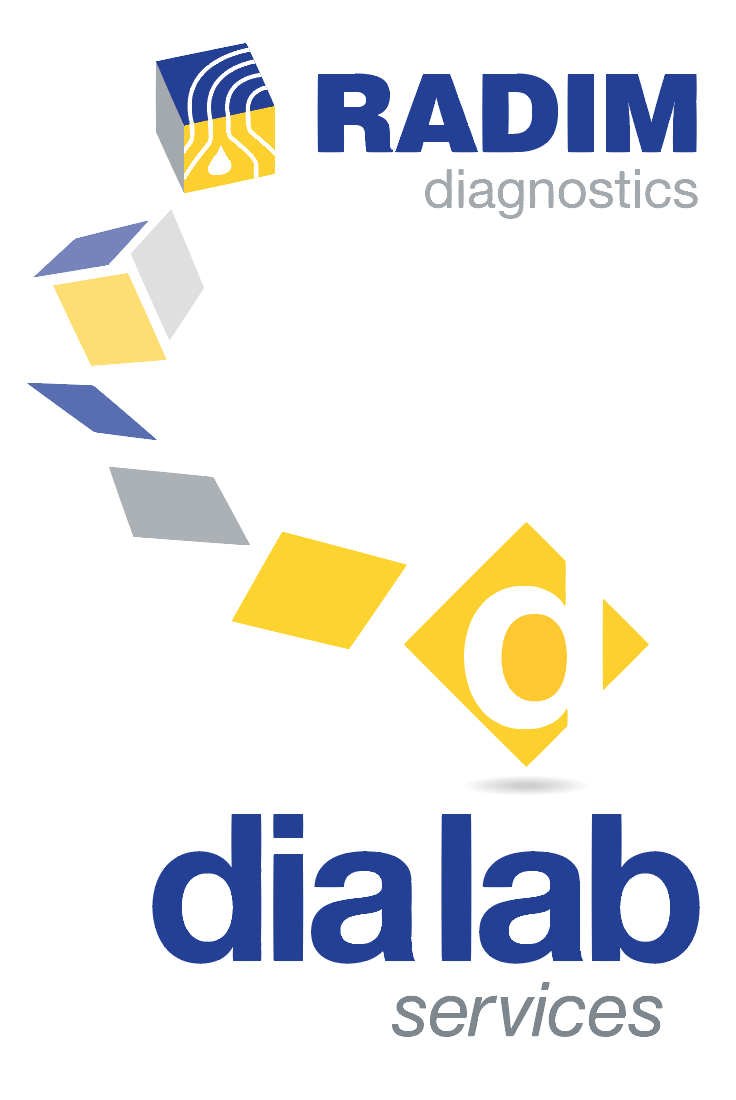The CA-125 ELISA kit is intended for quantitative determination of cancer antigen CA-125 in human serum.
CA-125 is an oncofetal protein. It is a mucoglycoprotein with molecular mass of about 200 kDa. Normally, in adults CA-125 exists in two forms: free and membran-bound. Membrane-bound antigen can be identified on the surface of epithelial cells of fallopian tubes, cervix, endometrion, bronchi, mammary gland and sudoriferous gland. High concentrations of free form can be detected in seminal liquid, breast milk, vaginal secretions, saliva, bronchoalveolar and intraperitoneal liquids. In bloodstream CA-125 persists in low concentrations. Increased concentration of serum CA-125 is a sign of ovarian pathology (either benign or malignant).
Determination of CA-125 in serum is used for monitoring patients with ovarian cancer for estimation of treatment efficiency, early identification of recurrences and asymptomatic dissemination of residual tumor. Diagnostic value of this method depends on histological type of tumor: it is the highest at serous ovarian carcinomas compared to other types of carcinoma (e.g. mucinous carcinoma).
| Kit volume, wells (including controls) | 96 |
| Analytical sensitivity, U/mL | 3 |
| Range of evaluated concentrations, U/mL | 3- 500 |
| Incubations | 60 min + 10 min at 37°Cor
60 min at 37°C + 15-30 min at RT |
| Shelf life, months | 12 |
